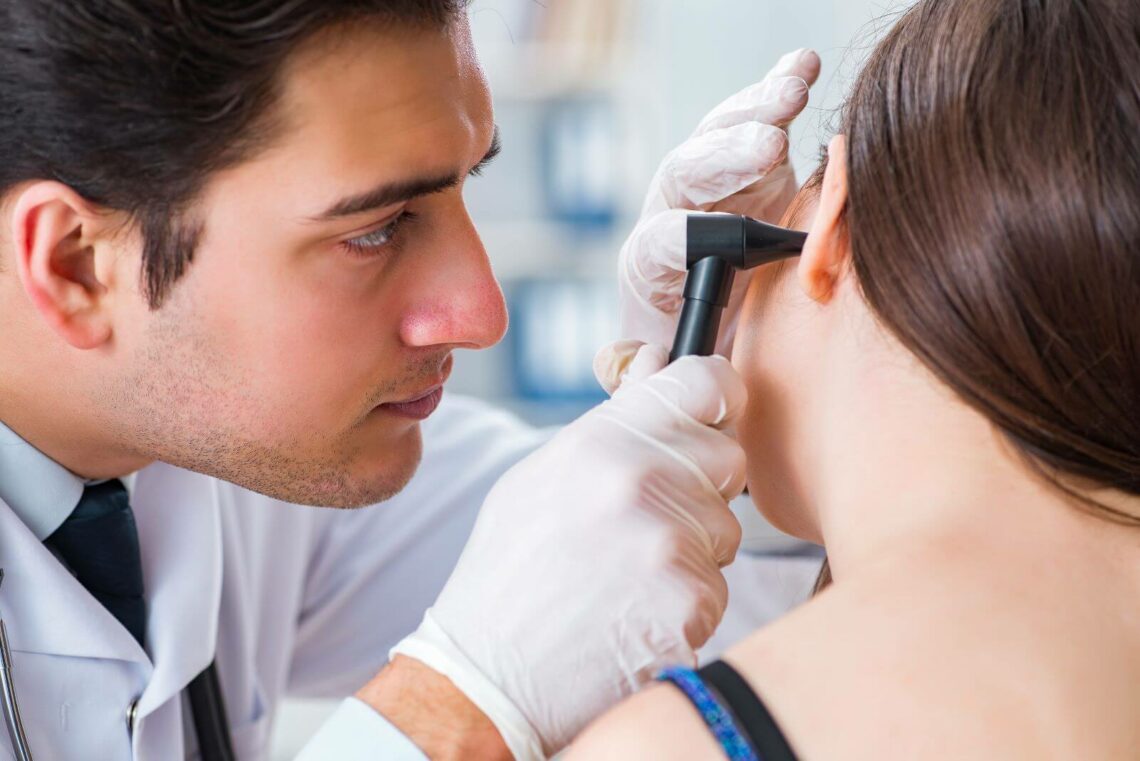Have you been recently diagnosed with diabetes, or have lived with it for a while? It’s often hard to know without proper screenings. With 37.3 million people in the US—1 in 10—with diabetes, about 1 in 5 people don’t know they even have it. All too often the wide-reaching health effects associated with the condition such as heart disease, stroke, hypertension, narrowing blood vessels and nerve damage in limbs occur before the condition is properly diagnosed. Another alarming effect of diabetes is hearing loss. In fact, study after study has found that hearing loss is twice as common in patients with diabetes, in comparison to those in the same demographic without diabetes.
This November is American Diabetes Month – an annual campaign to promote awareness, screening, and treatment. This November we urge you to celebrate diabetes awareness by including a hearing exam.
The Diabetes-Hearing Health Link?
Hearing depends on small blood vessels and nerves in the inner ear which send sounds from the ears to the brain. Diabetes occurs when there is an excess of blood sugar, also known as insulin in the blood stream. Blood sugar is derived from what foods we eat and gives the cells throughout the body energy to sustain themselves. The absorption of glucose through our cells is regulated by a hormone called insulin which is created in our pancreas. Diabetes occurs when our body struggles to create enough insulin to properly absorb glucose. Researchers theorize that over time high glucose levels in our blood can damage these blood vessels and nerves, including those we rely on for hearing.
Examining the Connection
To better understand the connection between these two conditions, Professor Hirohito Sone of the Department of Internal Medicine, Niigata University School of Medicine, Niigata, Japan, compiled data from 13 large studies chronicling hearing loss and diabetes.
“Our findings support routine hearing screenings for people with diabetes starting at an earlier age than for people without the disease,” Professor Sone states. “This is very important from a preventive healthcare perspective. We want to stop untreated hearing loss from potentially leading to other health problems, like depression or dementia, which would make the diabetes burden even greater.”
Based on the combination of 13 major studies, Sone found that people with diabetes were 2.15 times more likely to have hearing loss. Based on age, findings showed that younger individuals were at a higher risk. Those older than 60 with diabetes were 1.58 times more likely to have hearing loss, while the risk for those 60 and younger with the disease was 2.61 times higher.
Scientific Evidence That Hearing Health Support is Part of Diabetes Maintenance
While hearing loss is more common with aging, it seems that the prevalnance is higher in patients with diabetes. Kathleen L. Yaremchuk, M.D., Chair of the Department of Otolaryngology-Head and Neck Surgery at Henry Ford Hospital in Detroit explains that “a certain degree of hearing loss is common with aging, but it is often accelerated in patients with diabetes, especially if blood-glucose levels are not being controlled.”
Based on her 2012 study, Yaremchuk and colleagues at Henry Ford Hospital determined that women between the ages of 60 and 75 with well-controlled diabetes had better hearing than women whose diabetes was poorly controlled.
“Our findings really point to the importance of patients controlling their diabetes and paying attention to their hearing health,” explains Yaremchuk. “Because hearing loss tends to come on gradually, people aren’t always fully aware of its significance. But untreated hearing loss can lead to withdrawal, isolation, and leave the individual subject to depression and other cognitive issues.”
Hearing Exams and Treatment as part of Diabetes Care
There are so many aspects of your health to consider once you know you have diabetes. This can include modifying your diet to prioritize vegetables, fruits whole grains and lean proteins, while avoiding processed foods and sugars. It’s also a good idea to take into account your activity level. Getting your heart rate up for around 25 minuets around three times a week can make a huge difference. These practices just won’t lower the impact on diabetes on your body but will protect your hearing as well. In addition to lifestyle changes, we recommend annual hearing exams. We can detect a hearing loss early and find the best treatment to support your hearing for years to come.

